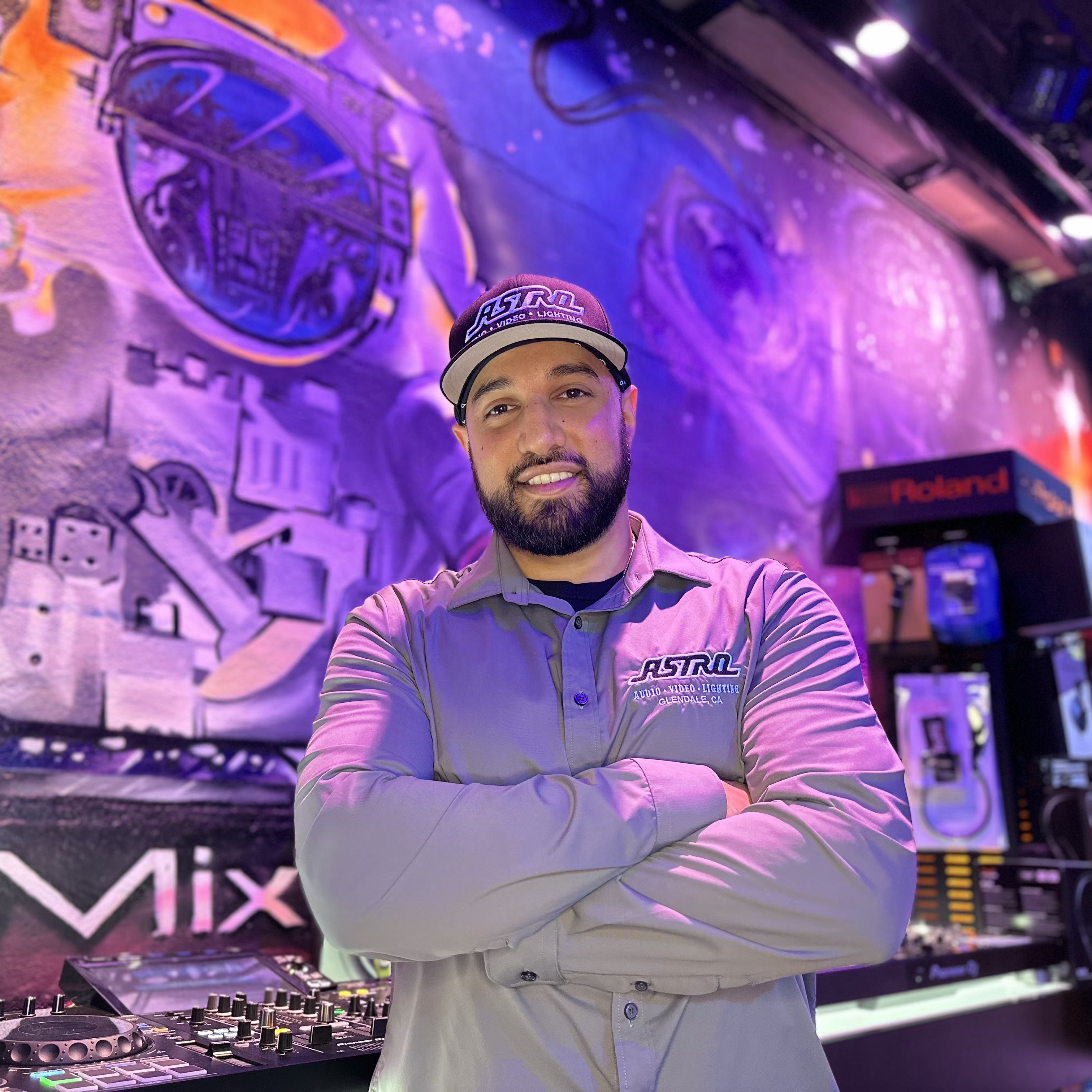Every year since 2007, record stores across the globe have participated in Record Store Day, an occasion on which record companies distribute limited runs of unique records of enormously varying essentialness. It started off as something that felt purely positive — a way to get customers into stores. As it has evolved, it’s become a more difficult animal. Some stores significantly overextend themselves to participate. A record store could very easily ignore the occasion, breeze by it and be financially better off and less overworked on the other end. And COVID-19 has exacerbated the problem, because last year, in the interest of public health, it became four Record Store Days, this year it’s three, next year who knows. But it’s all very exhausting at retail.
So why do stores do it? Pressure to be seen as a successful store that can secure all this cool, rare product for its customer base, and get new customers on the day who might keep giving them business. In short, you do it for the rep.
A similar situation is occurring in the pedal space in MI, which we covered at length in our November issue.
As you likely know, some pedals come out in limited runs. A prominent, recent example is guitarist and songwriter Jack White’s Third Man Hardware’s x Coppersound Triplegraph Pedal, which caused a big fuss at Summer NAMM, even placing in NAMM’s Best In Show awards. And just like a record that’s a certain color on RSD and then a more common version later hits the market in black, some of the initial, limited run of Triplegraphs were yellow and further manufactured Triplegraphs are black. Though only 100 of the second batch of the pedal was released to retail.
Half of those went to Corey Martel at Martel Music Store in Plainville, Connecticut. In speaking with Music Inc., Martel was careful to address that fact. “I’m not trying to hog everything and become this monopoly, but it became this thing where we are almost the only guy in town that has the product, which helped us,” he said.
At the same time, he admitted the margins on the pedal weren’t as high as he might see with other products. So why do it? Again, the rep. And just like with RSD, ultimately all this gets more customers into stores. COVID-19 created a new type of customer willing to wait for exactly what they want. But as the pandemic twists on, they may be sick of waiting. Limited-run pedals are collectable but in a consumer environment where guitar manufacturers are comfortable saying any guitar they make right now will sell, it feels like everything’s collectible. So, retailers might have an opportunity here to steer customers toward product they would like to move. Like, perhaps, a Triplegraph in black. MI
Daniel Margolis has been a professional writer and editor for over two decades.












